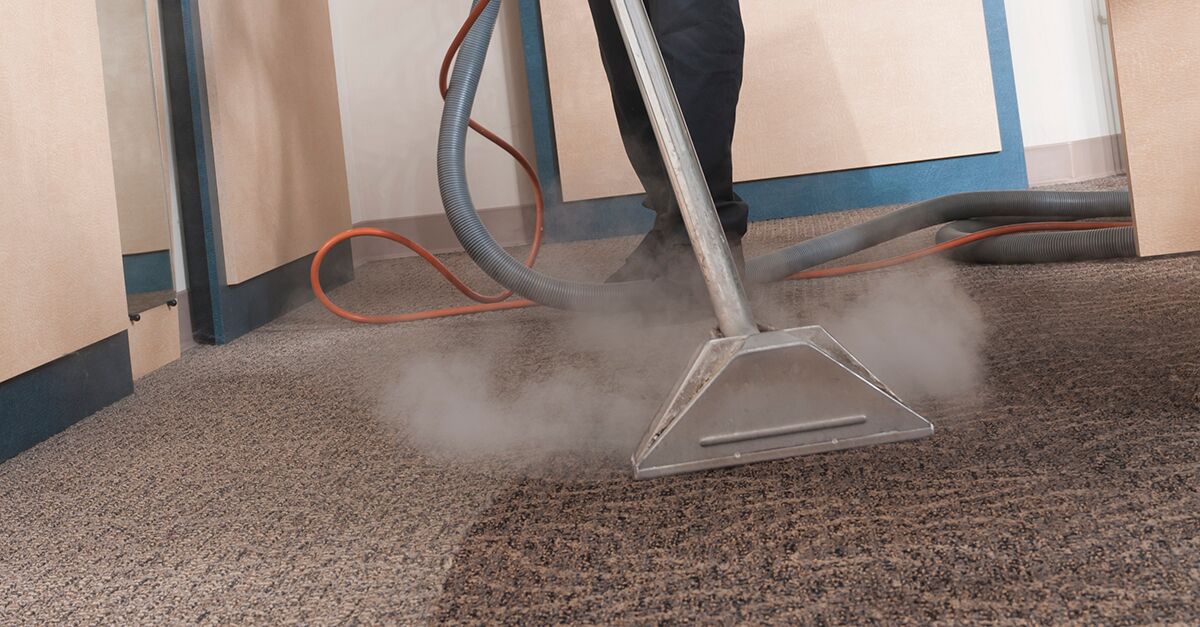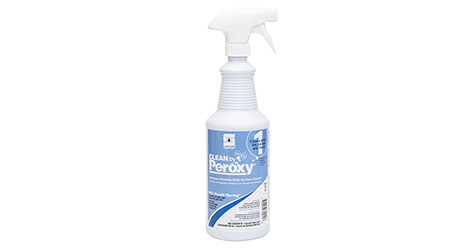- Vacuum thoroughly first. It’s important to vacuum the carpet thoroughly to remove loose debris before extracting with water. Make several passes at different angles to remove as much soil as possible.
- Use a pretreatment cleaning solution. If the carpet is heavily soiled, consider using a pretreatment chemical spray. This will break down the dirt and allow for faster, more efficient cleaning.
- Use good-quality detergent. Not all detergents are made equal. Check both the quality of the detergent and the material that it’s designed to clean.
- Use the warmest water possible. Check the material of the carpet and set the water temperature on the machine accordingly.
- Start farthest from the door. This will prevent you from having to walk on wet carpet.
- Use tools to good effect. Use the appropriate tools for cleaning stairs, upholstery, and other unique surfaces. Also, use the tools for concentrated cleaning to break down dirt near entrances and in high-traffic areas.
- Extract moisture after cleaning. This will speed up the drying process and prevent it from smelling musty.
- Allow carpets to dry completely. Damp carpet attracts dirt, so make sure your carpet dries completely before allowing footfall. Make sure the central heating is on and open the windows or use a fan.
- Clean your dirty water tank. Debris from carpet fibers can build up and cause a blockage.
- Keep the unit clean, inside and out. Clean equipment will have fewer service issues and will make a better impression on anyone who may see it—clients, staff, supervisors, and the public.
- Keep the batteries in tip-top shape. Keep the batteries charged and check the water level on a regular basis.
- Service your machine regularly. Preventative maintenance reduces downtime and lowers your total cost of ownership. Don’t wait until the carpet cleaner breaks down before you contact a maintenance engineer. Waiting until the equipment is broken will cost you in staff time and more.
Posted On March 1, 2020




